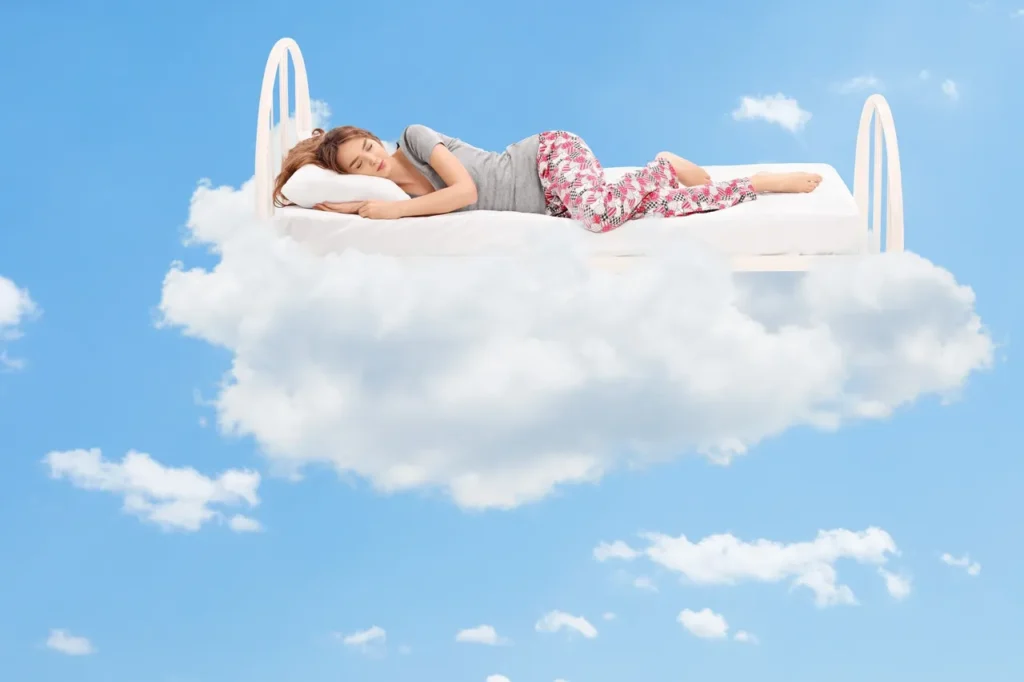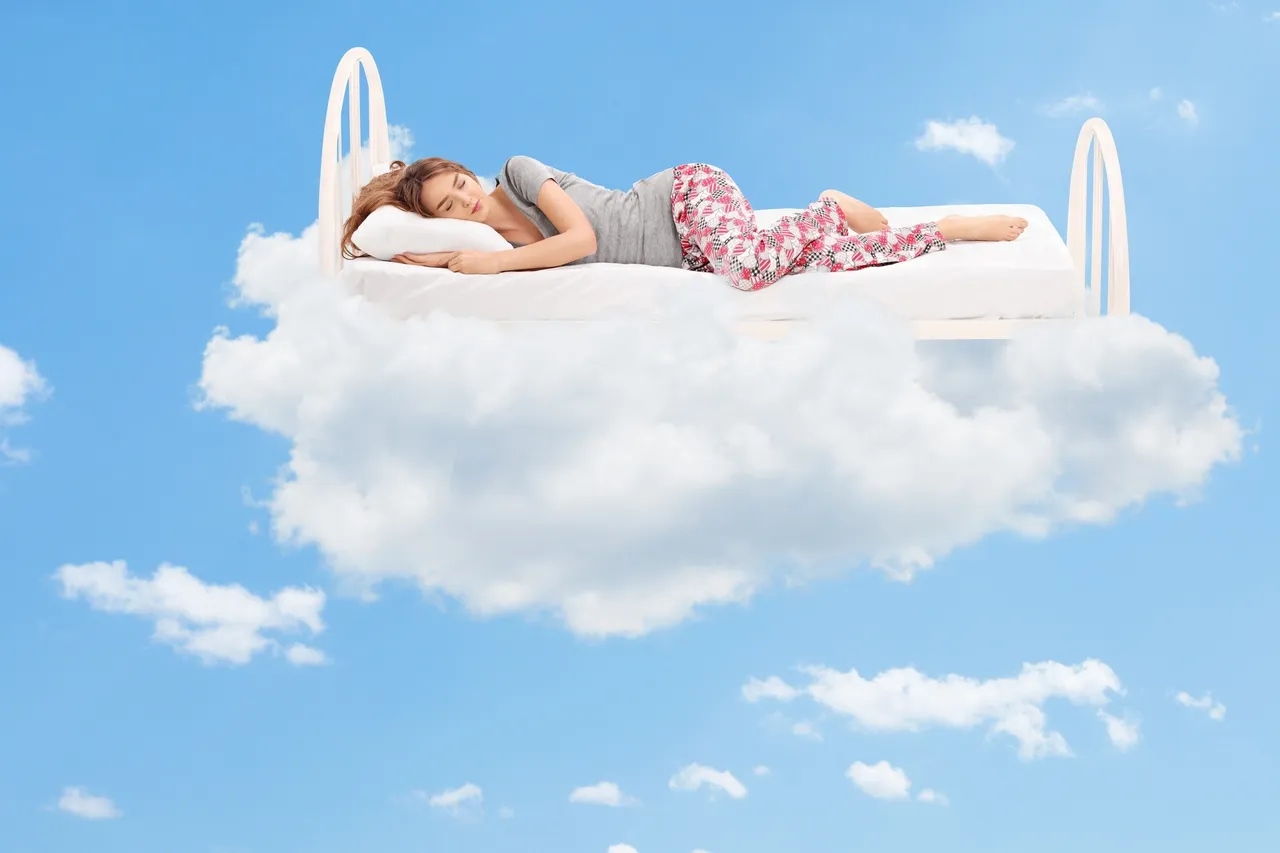
The Impact of Sleep on Your Health and Hormone Levels
Our understanding of sleep hormone health has evolved dramatically over the years. It’s no longer seen as a passive state where the body simply shuts down. On the contrary, sleep is now recognized as a dynamic period of essential physiological processes, including the regulation of hormone levels, which have far-reaching impacts on our overall health. This article delves into the crucial interplay between sleep, hormone levels, and our health.
Table of Contents
Sleep: The Conductor of Hormonal Symphony
Sleep, in its stages of REM (Rapid Eye Movement) and non-REM sleep, facilitates the ebb and flow of numerous hormones in our body. This delicate interplay affects everything from our metabolism to our mood, stress responses, reproductive health, growth, and more.
Cortisol: Known as the ‘stress hormone,’ cortisol follows a diurnal pattern closely tied to our sleep-wake cycle. It typically peaks in the early morning, helping us wake up, and gradually decreases throughout the day. Lack of sleep or irregular sleep patterns can disrupt this rhythm, leading to elevated cortisol levels, increased stress, anxiety, and health conditions like cardiovascular disease and obesity.
Growth Hormone: Almost 75% of growth hormone secretion in adults occurs during deep, slow-wave sleep. This hormone is essential for bodily growth in children and helps repair and regenerate cells, burn fat, and build muscle in adults. Sleep deprivation can lead to a decrease in growth hormone, impacting these crucial processes.
Leptin and Ghrelin: These hormones control our feelings of hunger and fullness. Leptin signals the brain that we’re full, while ghrelin triggers hunger. Sleep deprivation has been found to decrease leptin levels and increase ghrelin, leading to increased appetite and potential weight gain.
Melatonin: Produced in response to darkness, melatonin signals to our bodies that it’s time to sleep. Light exposure at night (like from screens) can disrupt melatonin production, making it harder to fall asleep and potentially leading to insomnia or other sleep disorders.
Insulin: Sleep affects the body’s response to insulin, the hormone responsible for regulating blood sugar. Insufficient sleep can result in higher blood sugar levels, leading to insulin resistance and increasing the risk of developing type 2 diabetes.
The Reciprocal Relationship: How Hormone Levels Affect Sleep
Just as sleep impacts hormone levels, hormones, in turn, affect our sleep. High cortisol levels can keep us awake at night. Imbalances in melatonin can disrupt our sleep-wake cycle. An imbalance in sex hormones (estrogen and progesterone in women, testosterone in men) can lead to sleep disturbances, particularly noted during menopause for women. Thyroid hormones, when at high levels, can cause insomnia and other sleep troubles.
Maintaining Balance for Optimum Sleep Hormone Health
Understanding this complex relationship underscores the importance of good sleep hygiene. Here are some suggestions to help maintain balance:
- Establish a Sleep Routine: Consistency helps regulate your body’s internal clock and can help you fall asleep and wake up more easily.
- Create a Restful Environment: Keep your bedroom dark, quiet, and cool. Invest in a comfortable mattress and pillows.
- Pay Attention to What You Eat and Drink: Avoid large meals, caffeine, and alcohol 3 hours before bedtime .
- Incorporate Physical Activity into Your Day: Regular physical activity can help you fall asleep faster and deepen your sleep.
- Manage Stress: Techniques such as meditation, deep breathing, or yoga can help you relax and manage stress, promoting better sleep.
- No Social Media: Avoid checking your phone, email, social media, and internet surfing 2 hours before bed time. This will allow your brain to relax and prepare for a good nights sleep.
Sleep hormone health plays a paramount role in the regulation of crucial hormones in our body, which subsequently affect our health in numerous ways. Maintaining good sleep hygiene is not just about feeling rested; it’s about optimizing our hormone balance and, thus, our health.
If you are experiencing these issues and would like an evalution to assess your hormonal status call us to schedule a consultation or visit us at myeternalvitality.com.

